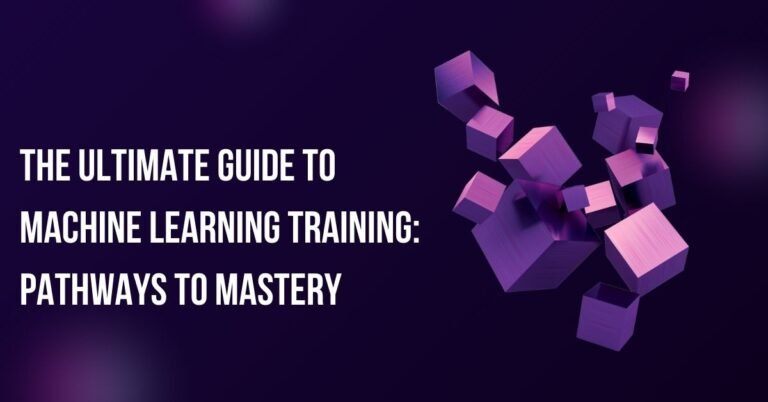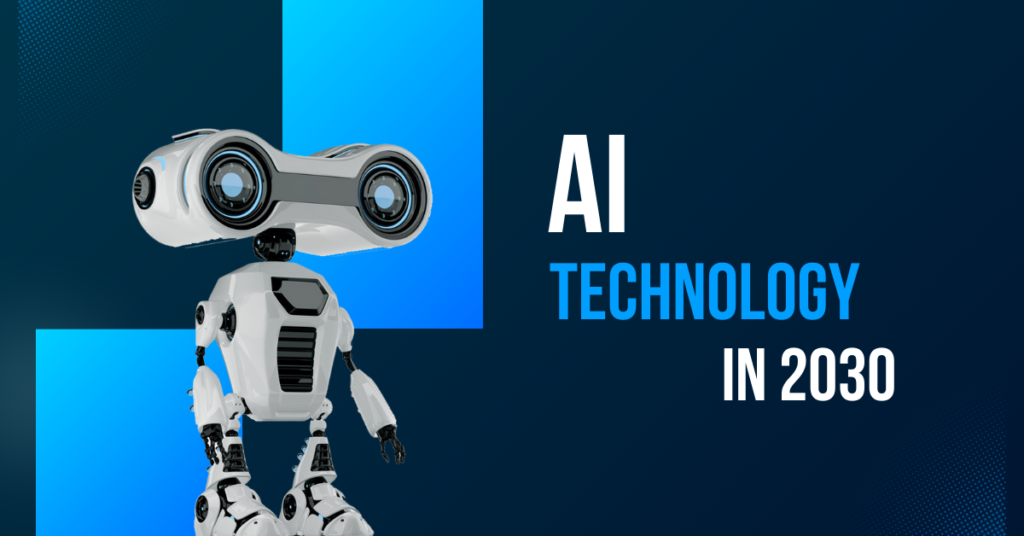Machine learning (ML) is at the core of countless technological advancements, from personalized recommendations on streaming platforms to self-driving cars. As the demand for machine learning expertise continues to grow, so does the need for effective and comprehensive training. Whether you’re a beginner eager to dive into this exciting field or a seasoned professional aiming to refine your skills, there are various training pathways to help you achieve mastery in machine learning. This blog will guide you through the best options for machine learning training, including online courses, bootcamps, academic programs, hands-on projects, and more.
1. Online Courses: Learn at Your Own Pace
Online courses are among the most accessible and flexible ways to start learning machine learning. These courses cater to a range of skill levels, from beginners to advanced practitioners, and typically include a mix of video lectures, quizzes, and projects. Here are some top platforms offering quality machine learning training:
- Coursera: Coursera is one of the most popular online learning platforms, offering a variety of machine learning courses. The Machine Learning by Andrew Ng course is highly recommended for beginners. It covers essential machine learning concepts such as supervised and unsupervised learning, model evaluation, and more. For those who want to delve deeper into the field, the Deep Learning Specialization, also by Andrew Ng, provides an in-depth exploration of neural networks and deep learning techniques.
- edX: edX is another excellent platform for online learning, offering courses from top universities and institutions. MIT’s Introduction to Machine Learning with Python on edX is a great starting point for those interested in learning machine learning with Python. The course covers key concepts like supervised and unsupervised learning, model selection, and practical implementation.
- Udacity: Udacity is known for its hands-on, project-based learning approach. Their AI Programming with Python course offers extensive practical experience, helping you build machine learning applications from scratch. This course is ideal for learners who prefer a more applied, real-world approach to learning.
2. Bootcamps: Intensive and Career-Focused
Bootcamps are immersive, short-term programs designed to equip participants with the skills needed to land a job in machine learning or data science. These programs are particularly appealing to career changers or professionals looking to quickly upskill. Bootcamps often combine rigorous training with career services, making them a popular choice for those aiming to enter the field swiftly.
- General Assembly: The Data Science Immersive Bootcamp offered by General Assembly is a comprehensive program that covers machine learning, data visualization, and data analysis. The bootcamp is designed to prepare you for a career in data science, with a focus on practical, industry-relevant skills.
- Springboard: Springboard’s Machine Learning Engineering Career Track is another excellent bootcamp option. It combines mentorship with real-world projects, helping you transition into a machine learning role. The program is designed for learners who already have some background in programming and mathematics, offering a more focused, career-oriented training experience.
3. Academic Programs: Deep Knowledge and Research Opportunities
For those who prefer a more traditional educational path, academic programs offer a thorough grounding in machine learning, often with opportunities for research and internships. These programs are ideal for individuals who want to pursue a career in academia or advanced research, as well as those seeking a deep and structured understanding of machine learning concepts.
- Master’s Programs: Top universities such as Stanford, MIT, and Carnegie Mellon offer master’s degrees in machine learning and AI. These programs are comprehensive, covering advanced topics like deep learning, reinforcement learning, and natural language processing. They also provide opportunities for research, internships, and industry partnerships, making them a strong choice for those looking to build a robust academic foundation in machine learning.
- Certification Programs: If a full degree isn’t what you’re looking for, certification programs like Stanford’s Graduate Certificate in Artificial Intelligence offer a more focused curriculum. These programs are often shorter and more affordable than traditional degrees, yet they provide valuable credentials and specialized knowledge in machine learning and AI.
4. Hands-On Projects: Practice Makes Perfect
Learning machine learning isn’t complete without practical application. Hands-on projects allow you to apply what you’ve learned, build a portfolio, and demonstrate your skills to potential employers. Engaging in real-world projects is essential for solidifying your understanding and gaining confidence in your abilities.
- Kaggle: Kaggle is a platform that offers data science competitions and access to real-world datasets. Participating in Kaggle competitions is an excellent way to test your skills, learn from others in the community, and build a portfolio of machine learning projects.
- Open Source Contributions: Contributing to open-source machine learning projects on platforms like GitHub is another way to gain practical experience. Open-source contributions allow you to work on collaborative projects, improve your coding skills, and connect with the broader machine learning community.
5. Books and Self-Study: Building a Strong Foundation
Books and self-study resources are invaluable for learners who prefer to study at their own pace. These resources provide in-depth knowledge and are often used to supplement other forms of training. Self-study allows you to explore topics in more detail and build a strong theoretical foundation.
- Books: Textbooks like “Hands-On Machine Learning with Scikit-Learn, Keras, and TensorFlow” by Aurélien Géron are comprehensive guides that cover both the theoretical and practical aspects of machine learning. Another foundational book, “Pattern Recognition and Machine Learning” by Christopher M. Bishop, is a must-read for anyone serious about mastering the field.
- Blogs and Tutorials: Websites like Machine Learning Mastery offer tutorials and articles that are great for self-learners. Following blogs, subscribing to newsletters, and participating in online forums can also help you stay updated on the latest trends and research in machine learning.
6. Corporate Training Programs: Upskill Within Your Organization
Many large tech companies offer in-house training programs for employees, which can be an excellent way to gain machine learning skills tailored to the needs of your organization. Corporate training programs are often designed to integrate machine learning into specific business processes, making them highly relevant for professionals working within those companies.
- Google AI Education: Google offers a range of free courses and resources designed to help employees and developers build machine learning applications. These courses are particularly useful for professionals looking to apply AI in Google Cloud or other Google platforms.
- AWS Machine Learning Training: Amazon Web Services (AWS) provides machine learning training programs that are especially beneficial for professionals working in cloud computing environments. These programs focus on integrating machine learning into cloud-based projects, making them ideal for those working with AWS technologies.
Conclusion
Whether you’re a beginner or an experienced professional, there are numerous pathways to mastering machine learning. From flexible online courses and immersive bootcamps to in-depth academic programs and hands-on projects, each training option offers unique benefits. By choosing the right combination of resources and experiences, you can build a strong foundation in machine learning and advance your career in this rapidly growing field.
Machine learning is a journey that requires continuous learning and practice. By leveraging the training options outlined in this guide, you’ll be well on your way to becoming a skilled machine learning practitioner, ready to tackle the challenges and opportunities that this exciting field has to offer.



